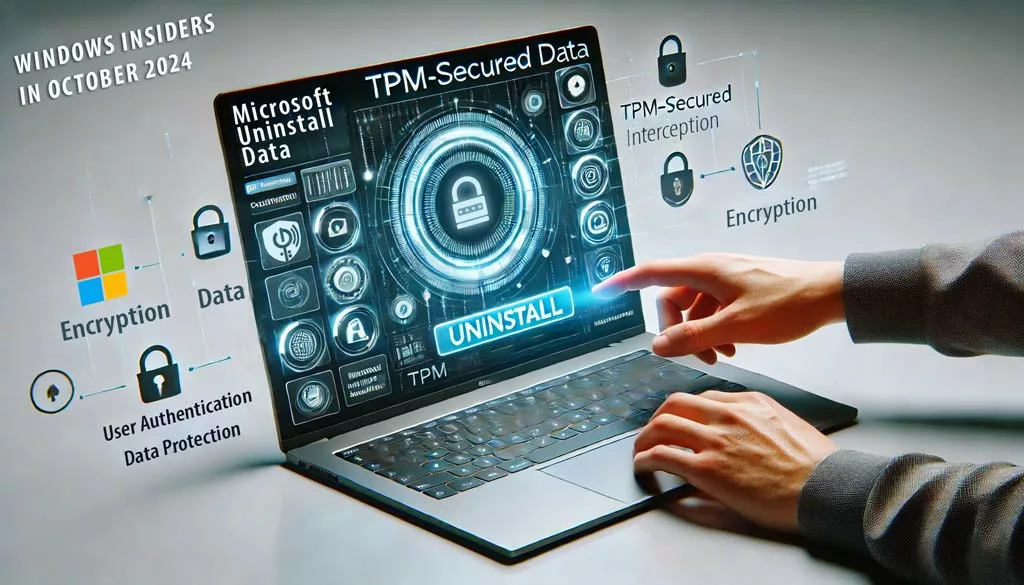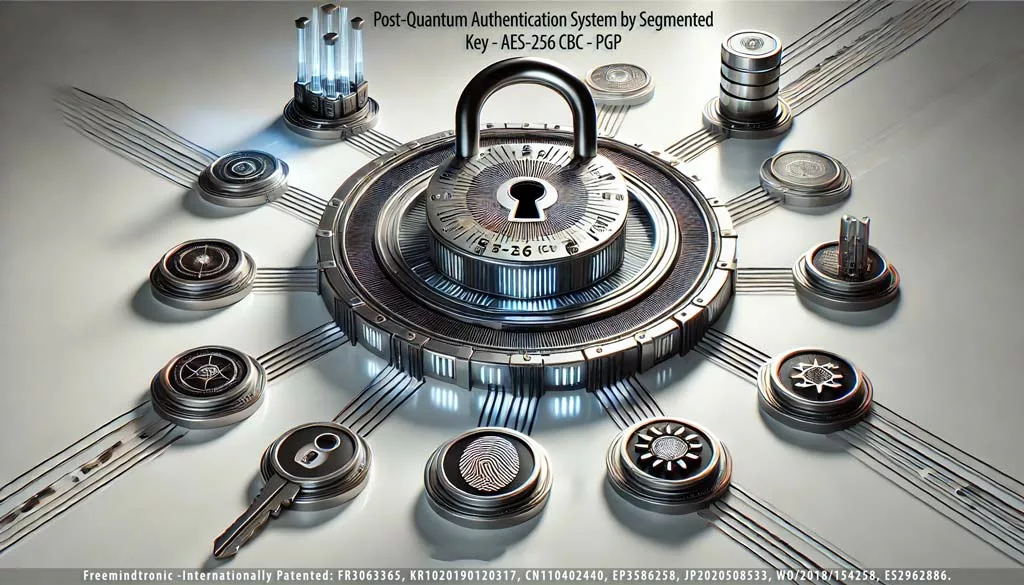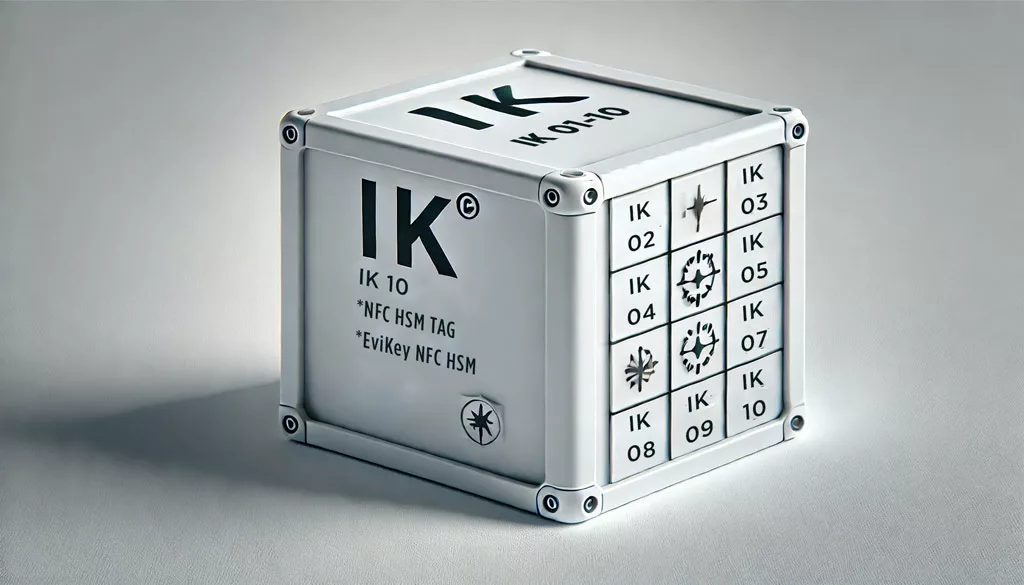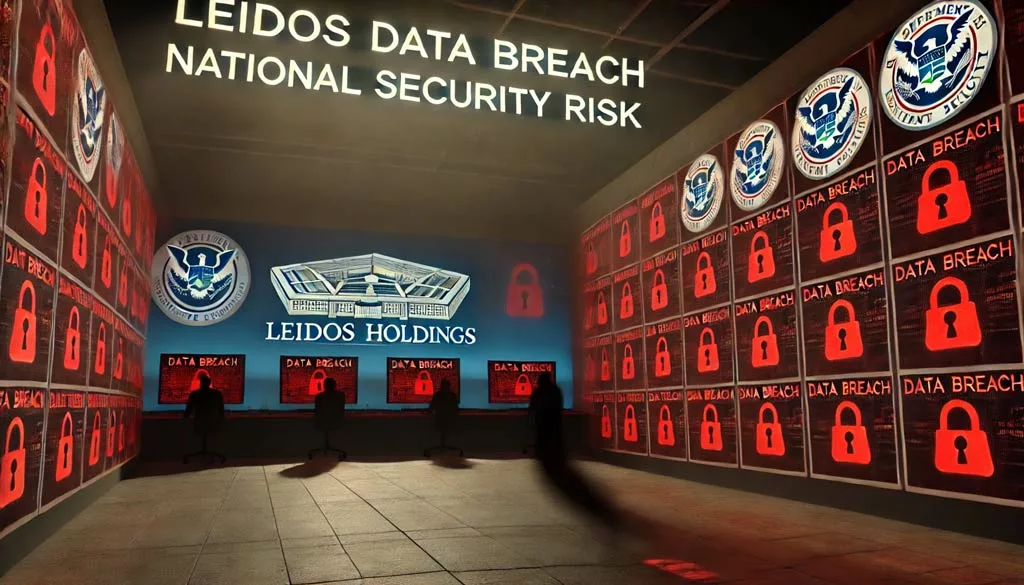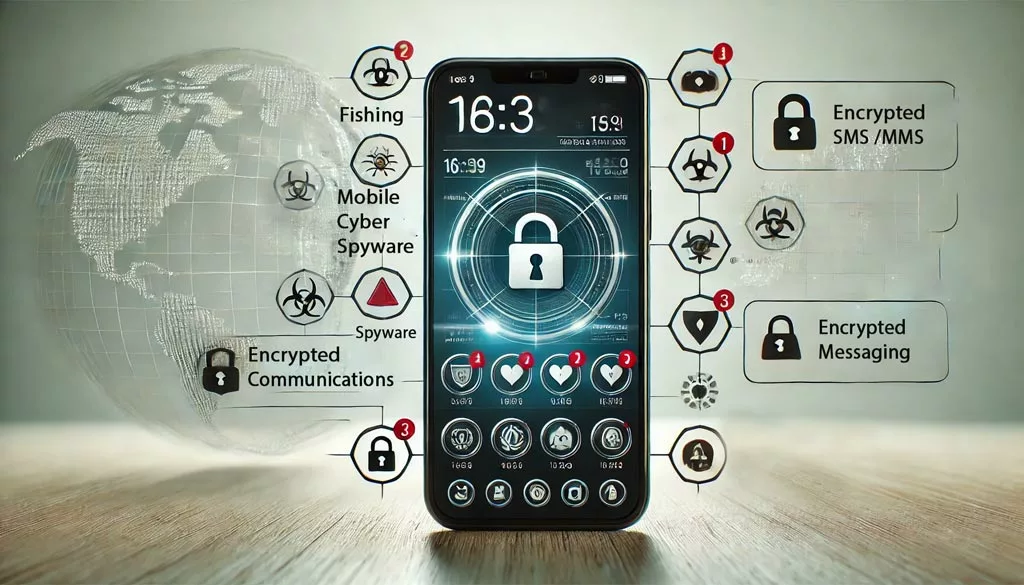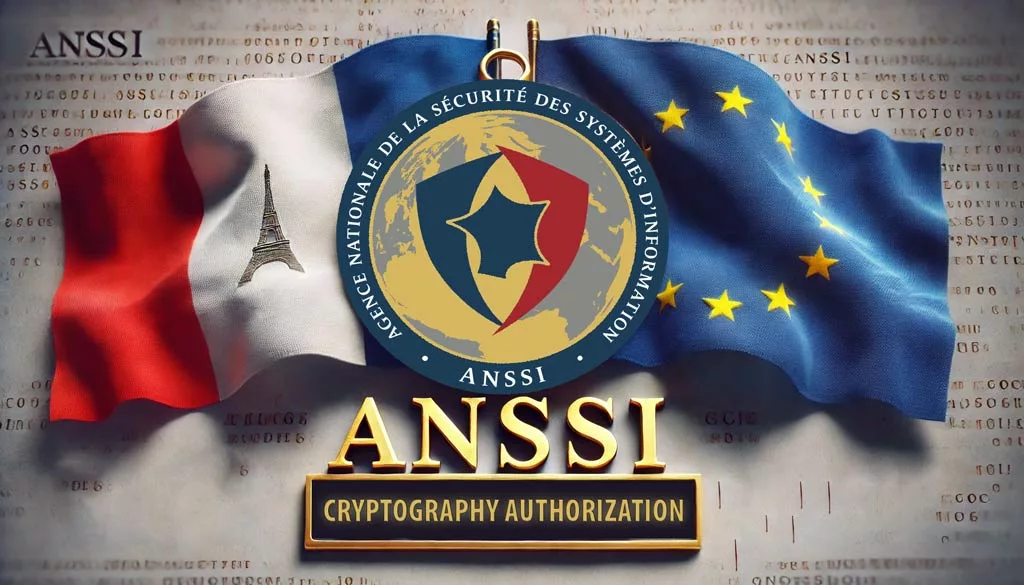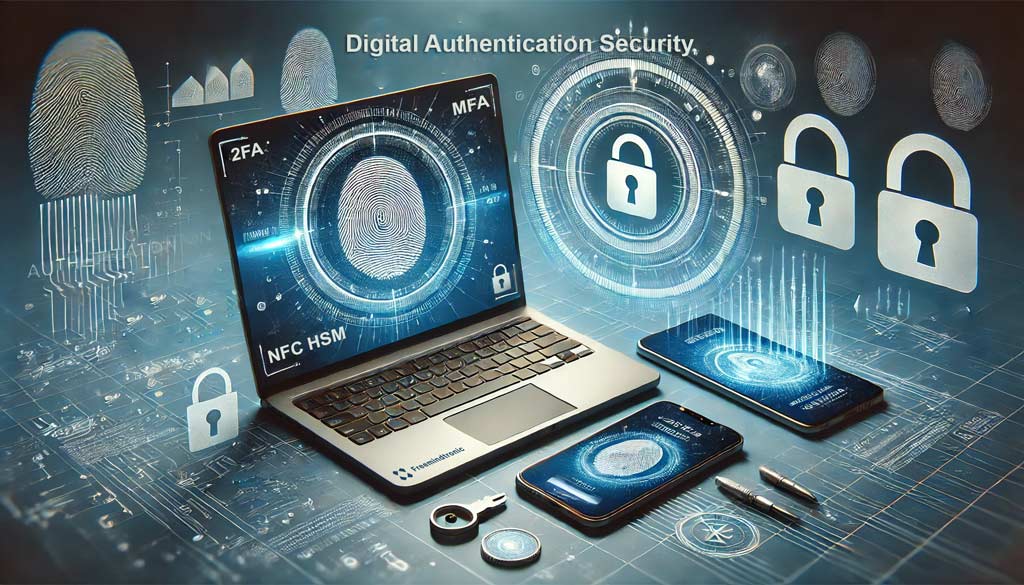2024 MFA Price Comparison: Affordable 2FA for Businesses and Best OTP Solutions for Secure Management
The Best 2FA MFA Solutions, including affordable 2FA for businesses, are essential for securing your digital life in 2024. From managing TOTP/HOTP keys offline to ensuring end-to-end anonymity, discover the top tools that provide advanced security features without relying on cloud storage. Explore how these solutions safeguard your accounts with ease and reliability.
Stay informed with our posts dedicated to Technical News to track its evolution through our regularly updated topics.
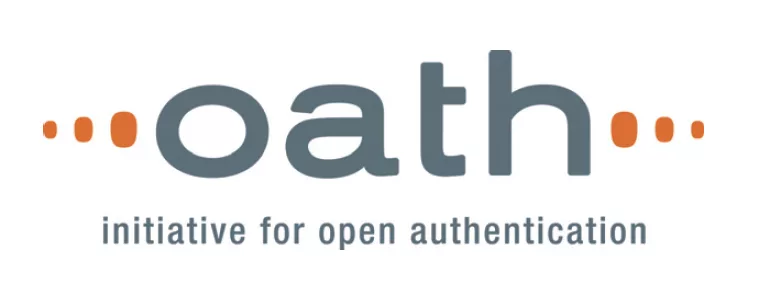
Best TOTP/HOTP Management Solutions for 2024
In this post, we’ll compare the best OTP solutions in 2024, highlighting their ability to store, manage, and share OTP keys securely. The unique advantage of solutions like PassCypher NFC HSM is their ability to manage keys offline, ensuring air-gapped security and quantum-resistant encryption for long-term protection.
Top Authentication Tools for Secure OTP Management
PassCypher NFC HSM stands out as a hybrid hardware and software solution that manages both TOTP and HOTP keys. Its AES-256 CBC encryption ensures that secret OTP keys and login credentials are stored securely, using segmented keys and customizable trust criteria (e.g., geographical zones, PINs, or fingerprints).
In addition to secure key management, PassCypher NFC HSM simplifies the process of generating and managing PINs. Users can generate a PIN automatically by simply clicking on the secret key label via their NFC-enabled phone. This interaction remains contactless, making it incredibly convenient to copy and paste the PIN directly into their device or manually input it on their computer. This user-friendly feature allows for quick and secure access without compromising on security.
RSA-4096 encryption is utilized only for secure sharing of these secrets between NFC HSM modules, making it versatile for sharing via proximity or remote communication, including SMS, email, or even physical printouts.
- Supports TOTP/HOTP: Yes
- Technologies: EviOTP NFC HSM, AES-256 CBC encryption (segmented keys)
- Key Sharing: RSA-4096 encryption for secure sharing between devices
- Offline Capabilities: Yes (full air-gapped security)
- No Account Creation: No cloud accounts or databases; zero-trust system
- Backup/Key Sharing: Yes, using RSA-4096 encryption
- Phishing Protection: URL sandbox to prevent typosquatting
- Setup Speed: Add keys in under 5 seconds by scanning QR codes
- Zero Trust and Zero Knowledge: No user identification or cloud storage
Protectimus SHARK: Robust and Simple Hardware Token
Protectimus SHARK is a straightforward hardware token designed for TOTP and HOTP management, supporting high-level security through SHA-256 encryption. However, it lacks advanced sharing and backup features, limiting its use for users who need to manage or share multiple OTP keys.
- Supports TOTP/HOTP: Yes
- Key Sharing: No sharing or backup options
- Offline Capabilities: Yes (fully offline)
- No Account Creation: Yes
- Use Case: Best for single users needing basic TOTP/HOTP management
Token2 TOTP/HOTP: Versatile Hardware and CLI Solution
Token2 provides hardware tokens and a CLI tool for managing OTP keys across different platforms. While versatile, it doesn’t support secure sharing or key backup between devices.
- Supports TOTP/HOTP: Yes
- Key Sharing: No key-sharing functionality
- Offline Capabilities: Yes
- No Account Creation: Yes
- Use Case: Suitable for technical users needing command-line control of OTPs
This table focuses on hardware-based solutions, offering robust security for enterprise environments. These devices are typically used in organizations requiring offline OTP management and enhanced security features like air-gapped operation and physical key backup.
| Solution | Type | Supports TOTP | Supports HOTP | Offline Capabilities | Backup & Storage | Key Sharing | Special Features |
|---|---|---|---|---|---|---|---|
| PassCypher NFC HSM | Hybrid (Hardware + App) | Yes | Yes | Yes (Air-gapped) | Yes (RSA-4096) | Yes (RSA-4096) | AES-256 CBC, phishing protection, password manager |
| SafeNet OTP 110 | Hardware | Yes | Yes | Yes | No | No | Largely used in enterprise |
| RCDevs RC200/RC300 | Hardware | Yes | Yes | Yes | No | No | E-Ink display for enterprise use |
Detailed Analysis and Key Insights
PassCypher NFC HSM stands out as the most advanced solution in this comparison. Its end-to-end anonymity, air-gapped operation, and AES-256 CBC encryption with segmented keys make it ideal for users prioritizing high-level security and privacy. This solution allows secure RSA-4096 key sharing and supports both TOTP and HOTP keys, making it suitable for enterprises or high-security environments like finance or defense.
Form Factors and Durability
PassCypher NFC HSM also offers durable form factors: it is available as a credit card-sized PVC or as a rugged ABS resin tag. Both versions are waterproof and designed to withstand extreme temperatures ranging from -40°C to 85°C. Additionally, with 40-year memory retention and over 1 million write cycles, this hardware ensures long-term reliability. Weighing less than 9 grams, the tag is portable and features a chrome carabiner for added convenience.
Comparison with Other Solutions
On the other hand, Protectimus SHARK and Token2 offer simpler hardware-based solutions without the advanced backup and sharing features. They are suitable for users needing basic OTP management but lack the advanced functionality of PassCypher NFC HSM.
Software Solutions
Software solutions like Google Authenticator, Authy, and Microsoft Authenticator offer ease of use, though they rely heavily on cloud services and account creation, raising potential privacy concerns. These are best suited for individuals looking for free and easy-to-use OTP management options but come with limitations compared to hardware solutions.
Why PassCypher NFC HSM Lite is the Most Cost-Effective 2FA Solution for 2024
After comparing some of the leading 2FA/MFA solutions available in 2024, PassCypher NFC HSM Lite clearly outperforms its competitors in terms of cost-effectiveness and feature set.
Key Takeaways:
Competitive Pricing per Key: PassCypher NFC HSM Lite offers a low cost per key, especially for larger key counts. This pricing advantage becomes particularly evident when compared to hardware solutions like SafeNet OTP or RCDevs, where the cost per key is significantly higher.
| Solution | Price | Number of Keys | Cost per OTP Key (€): Affordable MFA Solutions for 2024 |
|---|---|---|---|
| PassCypher NFC HSM Lite 25 | 99 € | 25 | 3.96 |
| PassCypher NFC HSM Lite 50 | 178 € | 50 | 3.56 |
| PassCypher NFC HSM Lite 100 | 315 € | 100 | 3.15 |
| SafeNet OTP 110 | 79 € | 1 | 79.00 |
| RCDevs RC200/RC300 | 99 € | 1 | 99.00 |
| Protectimus Flex | 19.99 € | 1 | 19.99 |
| Authy (Twilio Verify) | Pay-per-use ($0.05 + fees) | Unlimited | Varies on usage |
| Google Authenticator | Free | Unlimited | 0.00 |
| Microsoft Authenticator | Free | Unlimited | 0.00 |
As shown in the table, PassCypher NFC HSM Lite offers significant savings for businesses that need to manage a large number of OTPs, with the cost per key dropping to as low as 3.15 €/key when managing 100 keys.
Total Cost for Managing Multiple OTPs
If you need to manage multiple OTPs, the total cost of some hardware competitors becomes prohibitively expensive. In contrast, PassCypher NFC HSM Lite remains very affordable.
| Solution | Total Cost for 25 OTPs | Total Cost for 50 OTPs | Total Cost for 100 OTPs |
|---|---|---|---|
| PassCypher NFC HSM Lite 25 | 99 € | – | – |
| PassCypher NFC HSM Lite 50 | 99 € | 178 € | – |
| PassCypher NFC HSM Lite 100 | 99 € | 178 € | 315 € |
| SafeNet OTP 110 | 1,975 € | 3,950 € | 7,900 € |
| RCDevs RC200/RC300 | 2,475 € | 4,950 € | 9,900 € |
| Protectimus Flex | 499.75 € | 999.50 € | 1,999 € |
| Authy (Twilio Verify) | Depends on usage | Depends on usage | Depends on usage |
| Google Authenticator | Free | Free | Free |
| Microsoft Authenticator | Free | Free | Free |
The table shows that PassCypher NFC HSM Lite is the clear winner in terms of managing multiple OTPs, costing only 315 € for 100 OTPs, compared to 7,900 € for SafeNet OTP and 9,900 € for RCDevs. This makes it an extremely cost-effective solution for businesses managing large volumes of OTPs.
Added Value with Password Management: A Key Feature of Cost-Effective MFA Solutions
Not only does PassCypher NFC HSM manage OTPs, but it also doubles as a password manager, a feature that most hardware-based competitors lack. This integration eliminates the need for purchasing two separate tools, saving costs and simplifying management.
Profitability of Cost-Effective MFA Solutions: 2024 OTP and Password Management Comparison
Let’s compare the profitability or cost-effectiveness of PassCypher NFC HSM based on the total cost for managing 100 OTPs alongside password management functionality:
| Solution | Total Cost for 100 OTPs | Password Management Included? | Overall Cost-Effectiveness |
|---|---|---|---|
| PassCypher NFC HSM Lite 100 | 315 € | Yes | Highly cost-effective |
| SafeNet OTP 110 | 7,900 € | No | Very expensive |
| RCDevs RC200/RC300 | 9,900 € | No | Very expensive |
| Protectimus Flex | 1,999 € | No | Moderately expensive |
| Authy (Twilio Verify) | Pay-per-use | No | Depends on usage |
| Google Authenticator | Free | No | Very cost-effective |
| Microsoft Authenticator | Free | No | Very cost-effective |
PassCypher NFC HSM Lite proves to be the most cost-effective choice, with the added bonus of integrated password management. Its low cost, combined with multiple functionalities, makes it highly profitable for businesses needing secure OTP and password solutions.
Conclusion
PassCypher NFC HSM Lite is not only cost-effective when managing multiple OTPs but also adds extra value with its password management feature, significantly increasing its overall profitability for users looking for a hybrid solution.
Competitors like SafeNet OTP and RCDevs are significantly more expensive, particularly when managing multiple keys, and do not offer integrated password management, making PassCypher NFC HSM Lite a superior choice for most businesses and individuals.
PassCypher NFC HSM Lite offers great value for users managing a large number of OTPs while benefiting from additional functionalities like password management and phishing protection, all at a much lower price point than hardware alternatives. This makes it a highly attractive and cost-effective solution in today’s market for securing digital assets.



